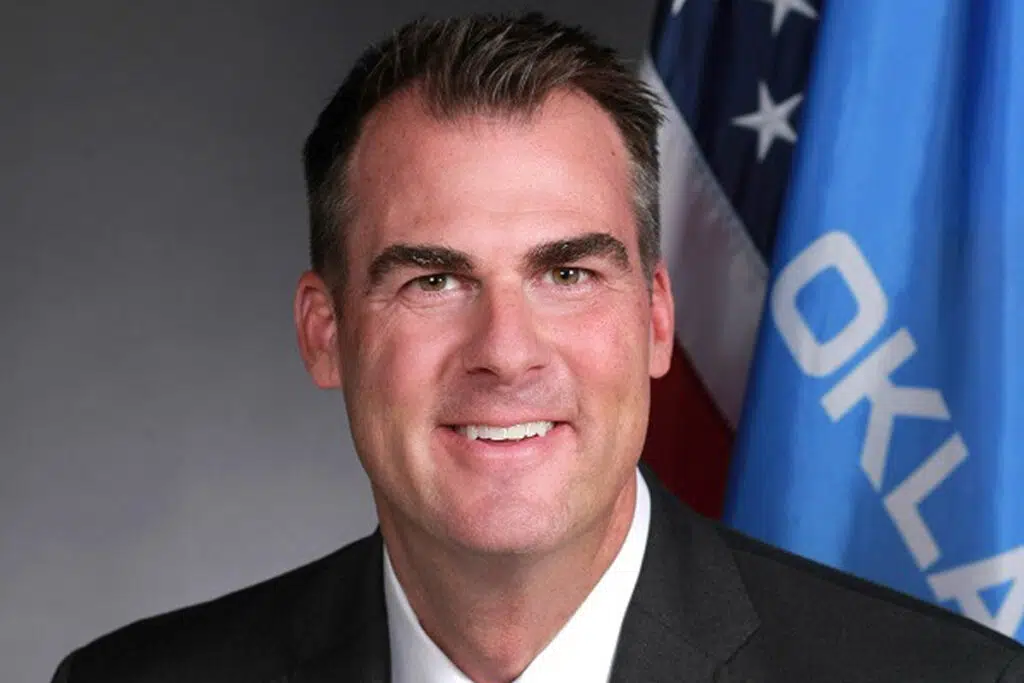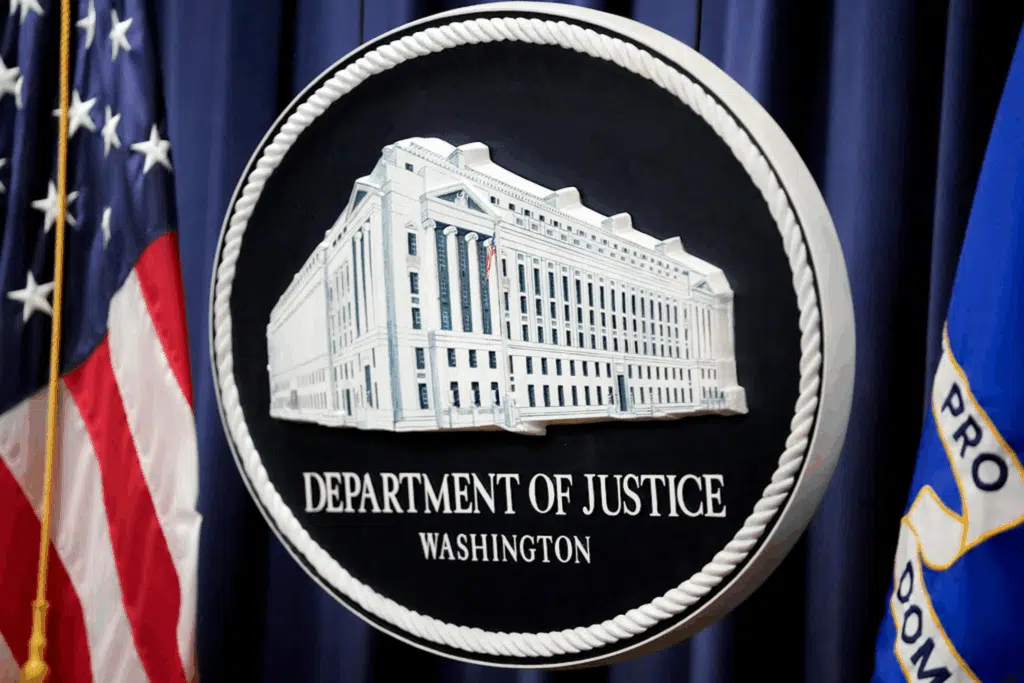
GOP Gov. Defends Record: Not “Anti-Indian Thing” But “Pro-Oklahoma Thing”
There are competing explanations for the reasons behind the first-ever endorsement for governor offered by The Five Tribes — the largest Native American tribes in Oklahoma.
The group, which comprises the Cherokee, Chickasaw, Muscogee (Creek), Choctaw and Seminole nations, supports Joy Hofmeister, the Democratic candidate challenging incumbent Republican Gov. Kevin Stitt, himself a Cherokee citizen.
One narrative for The Five Tribes’ skew blue is that Hofmeister, as the state’s superintendent of public schools, has a considerable amount of educational experience.
According to a report by KFOR-TV, an NBC affiliate station out of Oklahoma City, the same tribes issued a statement last week urging state lawmakers to repeal House Bill 1775, dubbed the “anti-Critical Race Theory law.”
Hofmeister “understands that we’ve leaned into public education and to higher education at a time when the state of Oklahoma seems to have retreated on those subjects in different ways,” said Chief Chuck Hoskin Jr, of the Cherokee Nation.
Some mainstream write-ups have suggested Stitt’s strained relationship with Native constituents could be a result of some sort of inter-tribal rivalry. No, assures Hoskin Jr, The Five Tribes lack of support for Stitt isn’t political. Group leaders simply think Hofmeister will be easier to work with, he added.
For his part, Stitt told the Associated Press “A lot of people want to paint this as an anti-Indian thing. This is not. This is a pro-Oklahoma thing.”
But the media spotlights directed toward the current election cycle — thanks to the governor’s interactions with the tribes — have revealed an extremely tight race and questions about the leadership style of Stitt, a multimillionaire mortgage company owner who was new to the political arena when he ran for governor and won four years ago.
According the the freshest polling statistics from analyst FiveThirtyEight, there is only a one point difference separating Stitt, with 44.9 percent, and Hofmeister, with 43.9 percent.
Stitt’s ongoing fighting with the tribes began his first year in office, when he tried unsuccessfully to renegotiate the state’s gambling compact with the tribes. Stitt’s administration two years ago also sought to overturn a landmark U.S. Supreme Court decision on expanding tribal sovereignty — by arguing the ruling had proved detrimental to the Oklahoma.
Stitt riled tribes again in 2021 when he terminated hunting and fishing compacts between the state and tribes.
“I lose track how many times we’ve been in court with Governor Stitt,” said Hoskin Jr.
“I’ve told people I will not go down in history as the governor that gives my state away,” Stitt told the AP..
The unmistakable animosity between Stitt and the tribes has boiled over as the midterm elections have grown closer. Tribal leaders have publicly attacked the governor; public meetings have become tense stand-offs about law enforcement in Indian Country and Stitt has been assailed by an onslaught of attack ads.
“Any governor that postures and attempts dominion of tribes is detrimental to the tribes and the state,” Muscogee Nation Principal Chief David Hill also said to the AP.
Stitt has garnered scrutiny for some of his decisions, including a deal given to a barbecue restaurant owner that resulted in a criminal probe and what at least some critics claim was improper spending of coronavirus relief funds intended for education and $2 million spent buying malaria drugs during the COVID-19 pandemic, at a time doctors had warned malaria treatments needed more testing.
Stitt lists as his accomplishment new laws outlawing abortion, even in cases of rape or incest, and targeting medical treatment for transgender children.
The latest data from the United States Census shows Oklahoma has one of the highest percentages Native Americans, representing nearly 10 percent of the state’s overall population.



